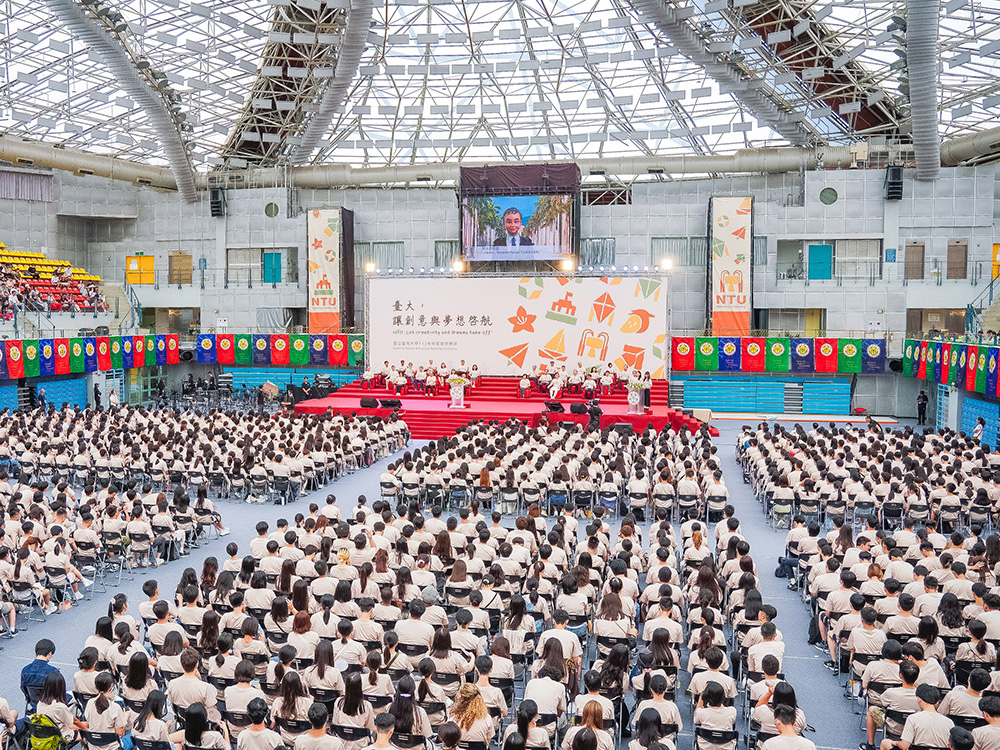
NTU Opening Ceremony: “Where Creativity and Dreams Take Flight”
瀏覽器版本過舊,或未開啟 javascript
請更新瀏覽器或啟用 javascript
Spotlights
The absence of the molecular chaperone UNC45B leads to the failure of the initial sarcomere assembly point, the protocostamere, to form properly, and also results in misfolding of myosin, a key protein in the sarcomere. As a consequence, sarcomere assembly is disrupted, and the proper formation of functional sarcomeres cannot occur.
Prof. Tsai and her research team.
Associate Professor Su-Yi Tsai’s (蔡素宜) research team from the Department of Life Sciences has established a novel system to reveal the temporal and spatial expression of core sarcomere-related proteins during the differentiation of human pluripotent stem cells into cardiac muscle cells. This has led to the elucidation of the molecular mechanisms underlying sarcomere assembly.
The research team also discovered that the molecular chaperone UNC45B showed high co-expression with different sarcomere marker proteins. This finding prompted them to investigate whether UNC45B plays distinct roles in the assembly of sarcomeres at different locations. They found that cardiac muscle cells lacking UNC45B completely failed to contract. Through mechanistic studies, they revealed that UNC45B regulates the formation of the initial sarcomere structure, the protocostamere, by modulating the expression of KINDLIN2. Finally, the research team confirmed that UNC45B interacts with different sarcomere-related proteins at various times and locations, thus regulating the formation of cardiac sarcomeres.
Moreover, it is of paramount importance that patients carrying mutations in UNC45B can develop Neonatal myofibrillar myopathy type II, leading to heart failure shortly after birth and resulting in neonatal mortality. Therefore, this research has the potential to offer a new therapeutic strategy for Neonatal myofibrillar myopathy type II, a condition characterized by heart pathology in newborns, ultimately leading to their inability to survive.
This research outcome has been published in the prestigious international journal, Stem Cell Reports , in the field of renowned stem cell research. Professor Tsai and her research team express their gratitude to the financial support provided by the National Science and Technology Council and internal grants from NTU. They also extend their gratitude to every student in the team who has dedicated their efforts and commitment to this research, driven by their shared passion for advancing scientific knowledge.
Read the journal article: https://doi.org/10.1016/j.stemcr.2023.05.006
Visit Prof. Tsai’s Website:https://suyitsai.wixsite.com/website

NTU Opening Ceremony: “Where Creativity and Dreams Take Flight”
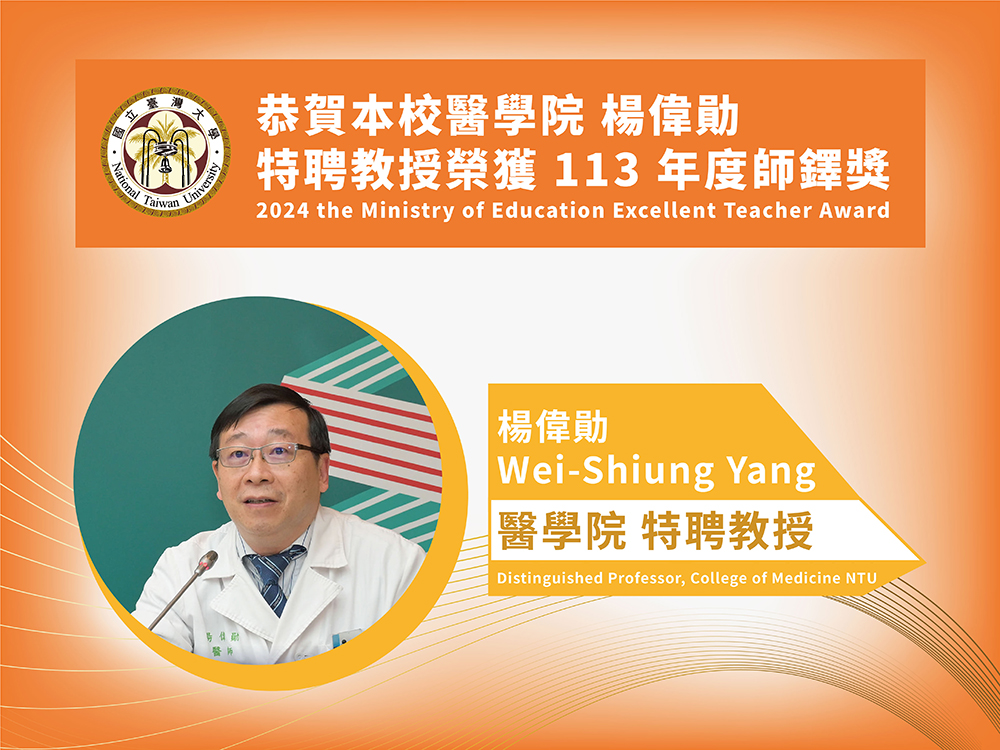
Prof. Wei-Shiung Yang wins MOE National Excellent Teacher Award
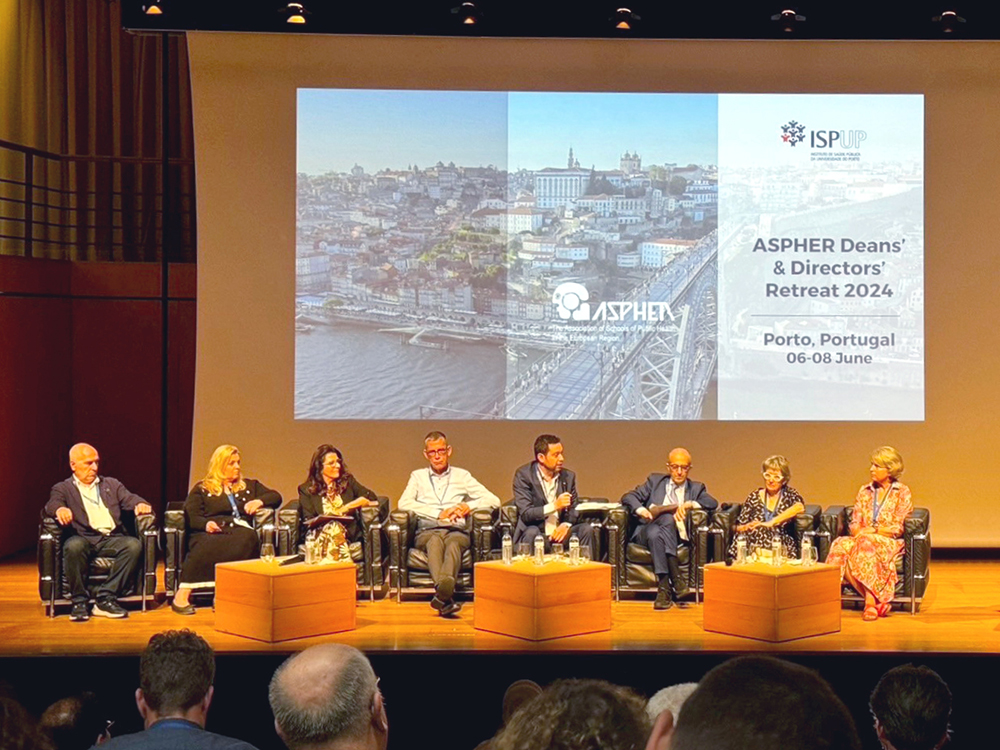
NTU College of Public Health's Global Health Program Joins the Association of Schools of Public Health in the European Region
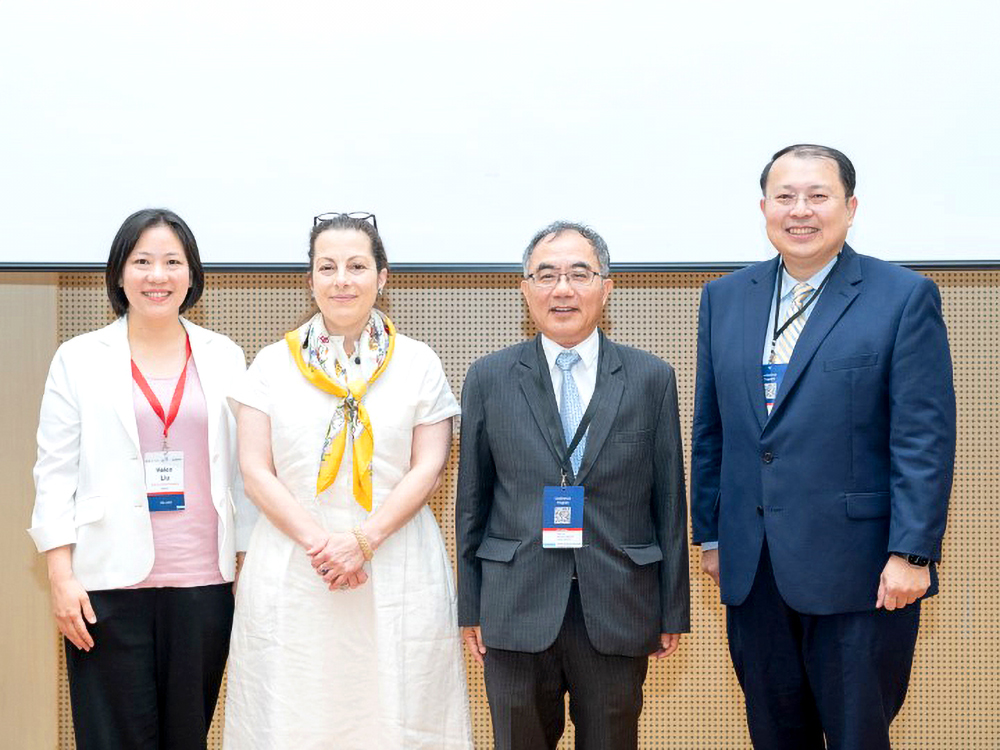
NTU hosts a successful dg.o 2024
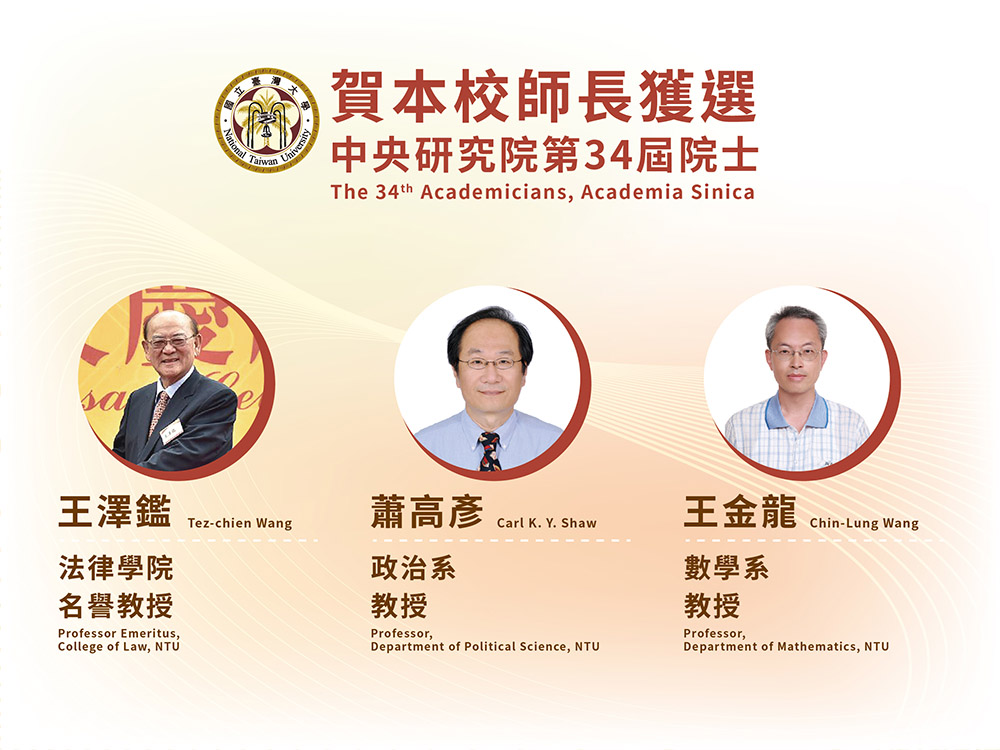
Congratulations to NTU faculty members elected as 34th AS academicians
Current Spotlights